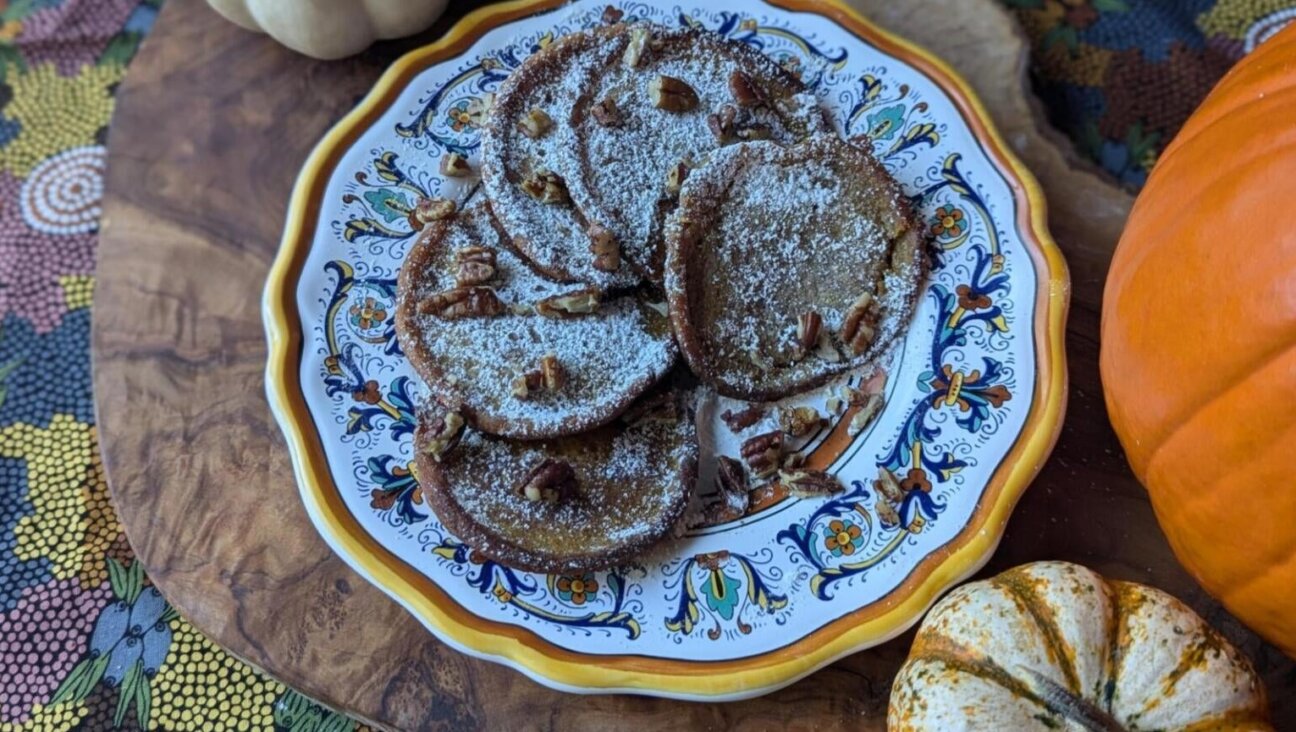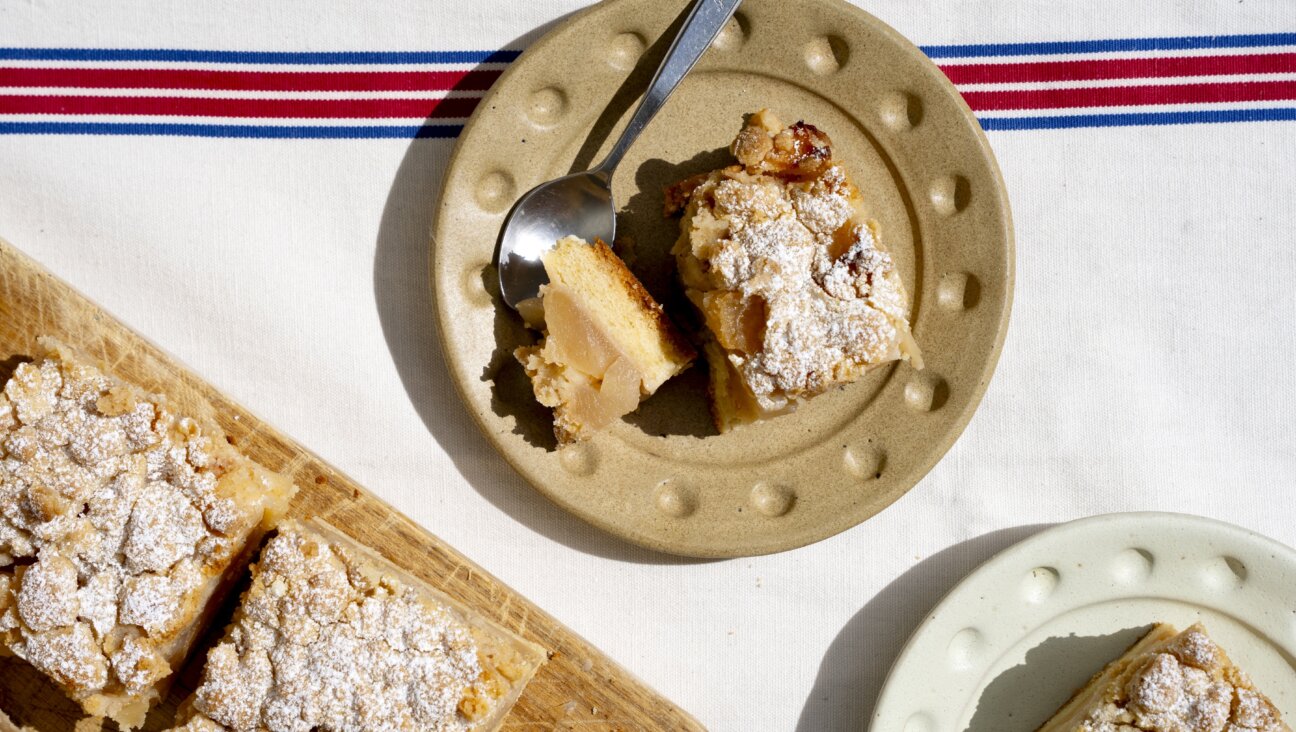Captivating Chamomile

Graphic by Angelie Zaslavsky
CHAMOMILE
Chamaemelum nobile
FLAVOR & AROMA Though mainly associated with teas and tea blends, chamomile flowers are also great in spice blends or in savory and sweet recipes. It is important to buy good-quality flowers. Always look for whole, not ground, flowers with intense color. The aroma, which is sweet, fruity and herbaceous, should be strong and pleasant. If the flowers don’t have a smell, they are too old. I like to add some to delicate broths and fish poaching liquid. They impart a honeysuckle or apple-like flavor with a slight bitterness when infused into cream for making chocolate desserts.
Related
ORIGIN Native to Western Europe and North Africa. Cultivated in Europe, particularly in Belgium, France, and England, as well as North Africa and the Azores
HARVEST SEASON Chamomile flowers, which are reminiscent of daisies (a yellow central disk with white petals), were traditionally grown as lawn substitutes because they spread so willingly and make such a nice sunny ground cover. They are a perennial flower that leafs out in January, blooms from late spring to early June, and goes to seed by October before going into winter hibernation. Commercially, they are harvested by hand a few times during their blooming season. Then they are dried in the open air or in a dryer within a few days’ time.
PARTS USED Flowers
ABOUT Chamomile, or Roman chamomile, is a member of the Asteraceae family and is named for the Greek word meaning “earth apple” due to its fruity scent. Of course, there are a number of other daisy-like plants that go by the same name, like Matricaria chamomilla (also known as German chamomile). They are frequently used interchangeably in teas and medicinally, but the Roman variety I use is more common in England and has a calming effect.

Image by Nadine Bernard Westcott
Chamomile’s essential oils are also used in a number of ways, including in herb beers, Spanish Manzanilla sherry, bitters, candies, desserts and liqueurs. Try infusing some into cookies or ice cream for a sweet treat. Aside from their culinary uses, its oils are also utilized in hair dyes (specifically for blondes), mouthwash, shampoos and sunscreens.
FAMILIAR USES
Chamomile sabayon
Chamomile tea
Sorbet and ice cream
Shortbread cookies
Creme brulee
TOASTING NOTES
Not recommended
RECOMMENDED PAIRINGS
Infused vodka
Manhattan
Soba noodle soup
Roasted carrots
Poached pears
SPICE PAIRINGS
cardamom, clove, orange peel, sage, vanilla
RECIPE IDEAS
1) Infuse a handful of chamomile flowers in hot heavy cream, strain and refrigerate until cold. Whip the infused cream with sugar for a floral whipped cream. 2) Sprinkle chamomile flowers into boiling chicken stock and use to cook couscous. 3) Mix light brown sugar with ground chamomile and use for baking or in hot beverages.
QUICK BLEND Daisy
Use this blend to season dried apricots poached in port wine and serve as a garnish for cheese. It also adds a floral element to lobster cream sauce.
Makes about ⅓ cup/21 grams
¾ cup/15 grams chamomile flowers, ground
1 pod/2 grams vanilla bean, chopped and ground
2 teaspoons/2 grams pink pepperberries, ground
Scant ¾ teaspoon/2 grams ground sumac
Excerpted from ‘The Spice Companion’ (Clarkson Potter) by Lior Lev Sercarz.
Lior Lev Sercarz is the chef and owner of La Boîte, a spice shop in New York City.
















